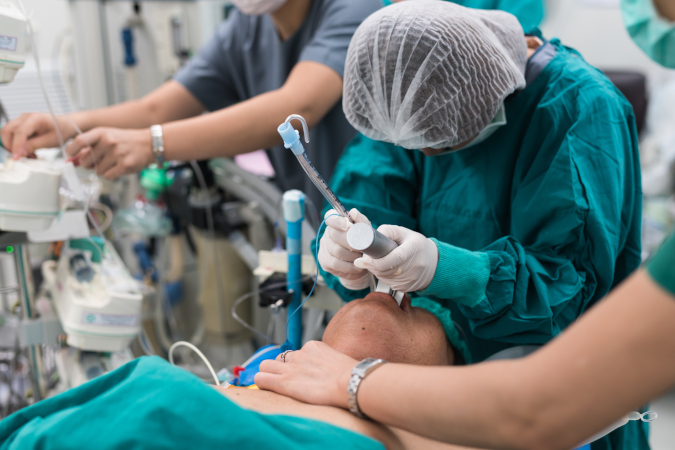
They are also responsible for operating and maintaining respiratory therapy equipment. Ventilators, general anesthesia machines and other hi-tech diagnostic and treatment tools and machines.
Average Hourly
$33.96
Range Hourly
$18.83 – $50.64
Average Yearly
$66,222
Range Yearly
$36,722 – $98,748
Respiratory therapists, clinical perfusionists and cardiopulmonary technologists (3214)
Anesthesia technologist; Cardiopulmonary technician; Cardiopulmonary technologist; Cardiopulmonary technology instructor; Cardiopulmonary technology supervisor; Cardiovascular perfusion clinical instructor; Cardiovascular perfusion instructor; Cardiovascular perfusion supervisor; Cardiovascular perfusion technologist; Cardiovascular perfusionist; Certified clinical perfusionist (CCP); Chief perfusionist; Chief respiratory technologist; Clinical perfusion clinical instructor; Clinical perfusion supervisor; Clinical perfusionist; Extracorporal circulation technologist; Extracorporal technician; Extracorporal technologist; Inhalation technologist; Oxygen therapy technician; Perfusion technologist; Perfusionist; Polysomnographic technologist; Pulmonary function technologist; Registered respiratory care practitioner; Registered respiratory therapist (RRT); Respiratory care practitioner; Respiratory technician; Respiratory technologist; Respiratory therapist; Respiratory therapy chief; Respiratory therapy clinical instructor; Respiratory therapy supervisor;
Three years of education from recognized institutes
College and Association of Respiratory Therapists of Alberta (CARTA) registration required (1-Approved Education program, 2-two-character decoration, 3-1500 hours of work experience, 4-approved examination)
Average hourly |
Range hourly |
Average yearly |
Range yearly |
$33.96 |
$18.83 - $50.64 |
$66,222 |
$36,722 - $98,748 |
High
Employment outlook is mostly good across provinces. More information is available here.
Respiratory therapists can become supervisors and clinical specialists with further experience and education.
At least 1500 hours safe work experience within the previous four years
A three-year diploma in Respiratory Therapy at a recognized Canadian Institute such as
Excellent communication skills; empathetic; ability to work independently, Physical and mental stamina
Without additional education, advancement opportunities other than clinical specialists or supervisory positions are limited. Low demand, but employment turnover is expected to increase as members of the Baby Boom generation retire over the next few years.
Getting admitted into a respiratory therapy diploma program followed by clearing relevant licensing exams and registration with provincial regulatory body such as College and Association of Respiratory Therapists of Alberta (CARTA).